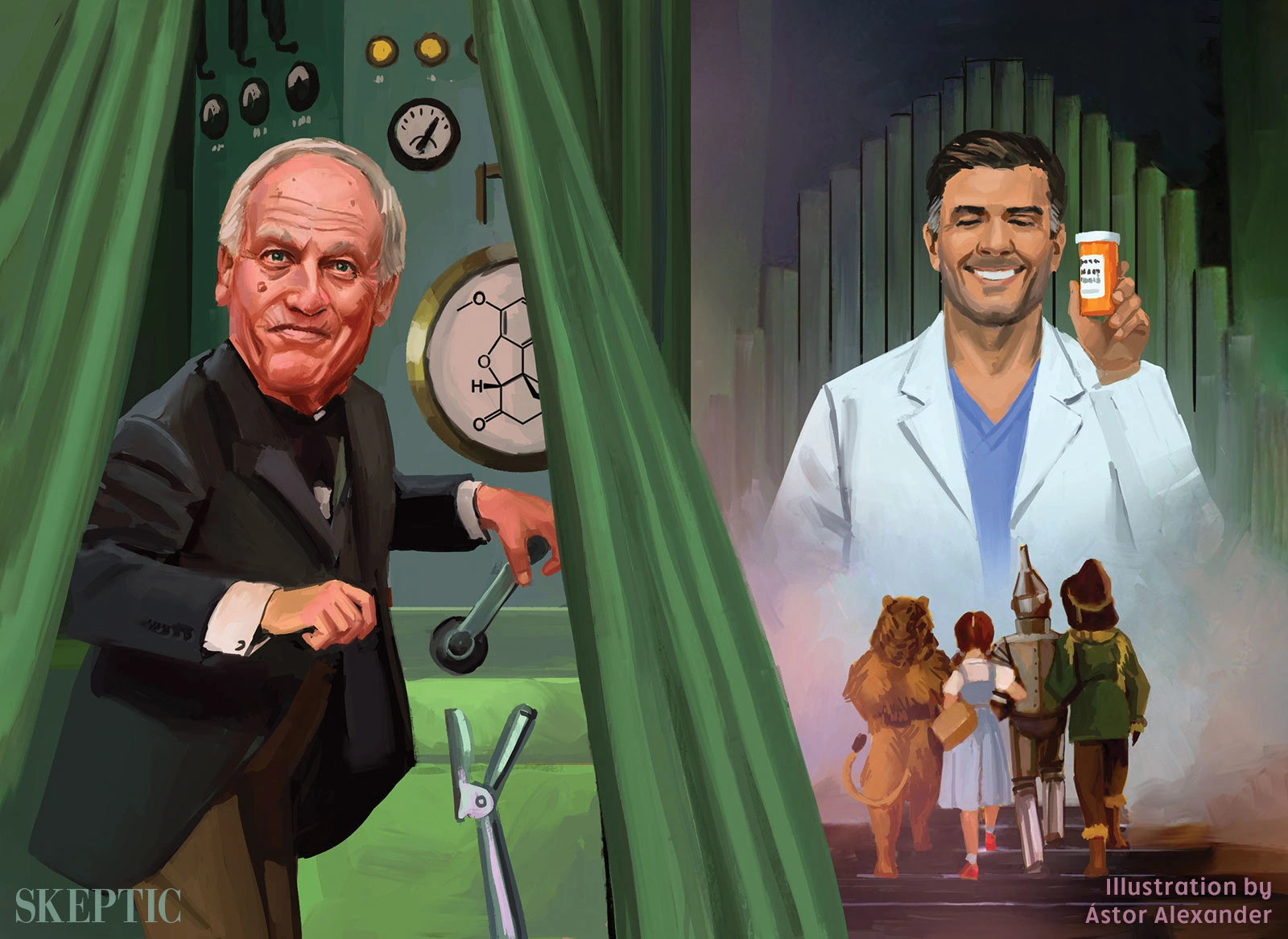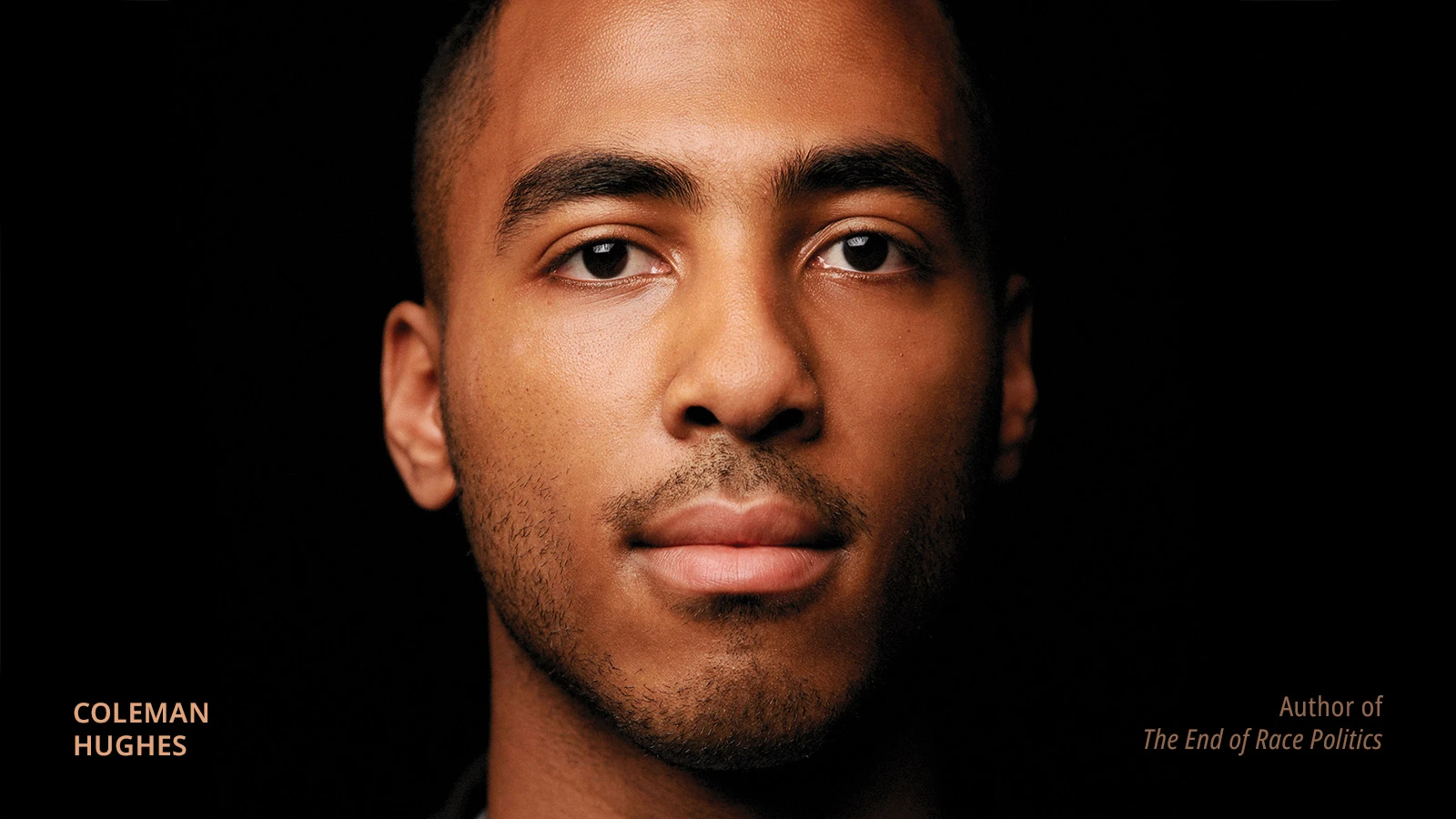Once Upon a Time: Re-Thinking the Fight Against Extremists


What does it mean to be radicalized? In a rare Oval Office address in the wake of the San Bernardino massacre, President Barack Obama described the killers as having “gone down the dark path of radicalization.” It used to be extremists. We were fighting extremists in the equally nebulous War on Terror. Then someone found a thesaurus and now we’re battling radicalization. “[It] is the responsibility of Muslims around the world to root out misguided ideas that lead to radicalization,” urged Obama. What are these ideas exactly?
Every group of radicals nee extremists—from ISIS to the Klan to the House GOP’s Freedom Caucus—all have the same lure: Today is chaotic, unpredictable and worse than it was, so we must return to a time when things were better. A well-proven formula for radicalization is to take the disorientated, disenfranchised and disappointed; add a universal yarn about the Good Ol’ Days and stir.
Let’s examine some backward reasoning about the past: “Back to basics,” you’ll hear. Back to the values of the founders! Original intent! Back to the peacefulness of ancient times. Back to the core of the Koran. Back to the tranquility of our ancestors! Paleo diet, anyone? Fundamentalists use this concept in their own moniker; they’re going back to fundamentals. Even New Agers peddle this idea. The site SacredEarth.com says, “Once upon a time—not too long ago, the ancient craft of midwifery and the art of herbal healing were intimately linked.” Yeah sure, back in the good old days when women had a 50/50 chance of dying during childbirth. Just a quick Google search of “alternative medicine” will land you in a sea of alternate history. As one site touting amber as a pain reliever puts it, “For many centuries since time began, people have used nature’s bounty for traditional medicine.”
Once, I went to the Brooklyn Flea Market and there was a ratty chair kept together by electrical tape. The price tag was a whopping $250! When I asked the seller if that was a typo, he responded “No,” shocked by the question. “It’s old.” Which is essentially what alternative medicine is saying. “Back when people only lived to 35, they knew better than us!”
When times are difficult, there’s an innate desire to get back to paradise, back to the proverbial Garden of Eden—back to the safety and comfort of the womb. Back to that time when everything was pristine, everything was simple. Back to childhood. We were better then and the times reflected that. There’s a desire to retrace our steps and go back to a time before it all went wrong. In short: Humans really want a reset button.
The Republican Party—and conservatives specifically—tout the 1950s as being the storied time they want to get us back to. That’s when America was great and it was great to be American! GOP front-runner Donald Trump’s slogan is “make this country great again.” Also-ran Carly Fiorina’s is the boilerplate, “take our country back.” That was also the battle cry of the tea party. They wanted to take their country back, I assumed they meant from the black guy running it, but they’d tell you it was to take the country back to the Eisenhower administration. “Brian Williams began his report on the death of Annette Funicello,” writes Toni Bernhard in Psychology Today, “by wistfully referring to the 1950s as ‘a sweeter era, one of genuine innocence.’”
In the online forum Topix, a user named Comesen wrote, “Back in the 1950s, times were truly more wholesome. When you came home, you had a good snack and did your homework and went out to play. These days, the kids come home, eat these sugary fat-filled snacks and get on them video games. Back then, you knew your neighbors and in general they were always nice people. If someone new moved in, your mom made them a pie or a jell-o and welcomed them to the neighborhood. These days, hardly anyone can say they know their neighbors and if someone new moves in, everyone is always suspicious of them.”
There’s at least some anecdotal evidence Comesen was a child in the 1950s and completely missed the Red Scare, McCarthyism and an equally terrifying polio epidemic. Let’s not forget segregation, thalidomide and lobotomies. Also from a conservative perspective, the top tax rate was 70 percent, way higher taxes than we have now.
But nostalgia isn’t rational; it’s a feeling. It’s a fantasy. And when it comes to the 1950s it’s a pretty widespread delusion. In November 2015, Public Religion Research Institute in a poll asked, “Since the 1950s, do you think American culture and way of life has mostly changed for the better, or has it mostly changed for the worse?” Fifty-three percent of respondents said the culture has changed for the worse.
Meaning: More than half of Americans won’t simply admit that the Civil Rights Act moved the country forward and Leave it To Beaver was absolute dreck.
But this idea is a motivator. It makes people believe if we just get back to those principles, like police brutalizing and jailing homosexuals, we can be good once again. In an Alcoholics Anonymous off shoot known as the Pacific Group, members believe if they wear suits (and, respectively, dresses) like they did in the 1950s, forgo all psychotropic drugs and don’t swear, they’re more hardcore and therefore more likely to stay sober.
The Garden of Eden myth is something to hold onto. To the distressed, the Good Ol’ Days is the perfect oh shit handle.
Of course in the 1950s, groups like the Klan were trying to get the country back to the 1850s. In the 1850s, groups like the Know Nothings, who opposed Catholic immigrants, were trying to get the country back to the 1810s. In the 1600s, the Puritans were trying to get their country back to the Old Testament. We should all go back to a time before nostalgia was used to manipulate people.
In this idea of getting back to an age of innocence is also a demand for purity: Getting out all the toxins, contaminants and pollutants. Again, New Agers have capitalized on this idea by convincing people they’re full of—wait for it—chemicals (like the chemical compound H2O!) and all they need to do is rid their bodies of artificial invaders and they’ll be like the ancients who were better in every way.
But it also assists in extremism. If now is evil and soiled and we must get back to paradise—there’s no compromising. There’s no time to deal with squishes. You have to be 100 percent committed to the goal! You have to be totally onboard with biblical principles, ancient wisdom or the mores of 500 AD Arabia. If you believe that we have to get back to a specific time and cleanse ourselves of the sins of our current state, then anyone who tries to temper that idea is part of the problem. Truly you can’t negotiate with extremists—that’s what makes them extremists.
We are all born with the reality someday we will die. Adhering to tradition is a way to extend one’s life. You get to become part of something that existed before you were here, something bigger than yourself. It is like eternal life. And renewing that tradition—going back to it—making it viable for the next generation can seem like a way of overwriting death. Suicide bombers and martyrs are willing to die for a cause because they believe they’re giving that cause longer life and by extension themselves. And in the middle of power vacuums and failed states like some in the Middle East, it’s not hard to see how futility can easily be honed into extremism.
But extremism isn’t just a vice someone picks up on some nefarious Internet forum. It’s a fight or flight response. It’s a reaction to an existential crisis. It’s taking the tiny seed of instinct about mortality, growing it into a giant species-wide folly and then taking it too far.
Commentators love to parrot that ISIS is rejecting modernity. San Bernardino shooter Tashfeen Malik’s profile in the Los Angeles Times quoted her friends as confused by what she’d done, saying she seemed like a modern girl. How can one exactly reject modernity while making YouTube videos and trolling Twitter? You cannot. These extremists aren’t saying no to technology, they’re just wrongly convinced ancient is better because like other sellers of junk have proclaimed, “It’s old!” So slavery, rape and beheadings—these are all things god prescribed when he wrote holy books; now we’re exiled from Eden so it’s time to start raping again! (I promise it’s okay to find comfort in ISIS using the same ruse people have used “for many centuries since time began.”)
This folklore is also at the core of doomsday predictions. The world is so wicked and crooked—so far from god—that god has no choice but to end it all and start anew. People have been certain they’re in the End Times since the beginning of times.
All extremism resonates more in times of social upheaval. We need look no farther than the 1960s where the seeming chaos of the Vietnam Era spurred Americans to flock en masse to cults and communes. But even in times of relative peace and inclusion, the present is always unpredictable and therefore frightening. The past, especially a made-up fairy tale of the past, is less frightening because, well, we know what happens: We survive!
Presently, there are horror stories about our children being recruited by ISIS—jumping on planes to become terrorists! The reports in the media talk about radicalization like it were Ebola—it’s worse overseas but it could come here!! There are think pieces about this need to protect our children from ISIS like we protect them from pool drownings. There’s a real Satanic Panic vibe to the stories. It’s Invasion of the Body Snatchers meets Not Without My Daughter. One CNN headline from 2014 read, “3 Denver girls played hooky from school and tried to join ISIS.”
There’s a much more reasoned explanation as to why an estimated couple hundred American youths are yearning for more in their lives and consider ISIS as an option. Mohammed Hamzah Khan, 19, from the Chicago suburbs was arrested in 2014 for trying to join ISIS. The note he left with his mother read: “ISIS had established the perfect Islamic state and that he felt obligated to ‘migrate’ there.” He’d heard of this Utopia and was hoping to get there. Rolling Stone writes, “Steeped in the stories of Muhammad, his companions, and the sultans and caliphs who came after them, Hamzah viewed those days as a ‘simpler’ era when Islam flourished across a vast empire, or Caliphate, and the Muslim ummah, or global community, was united.” In short: In a polluted world, ISIS is offering a lonely kid something pure. And better yet, a chance at the glory of the old days.
At least two other American recruits were homeschooled Christians; meaning already isolated on the fringe. A woman identified by the New York Times only as Alex, a Sunday school teacher’s whose home was in the middle of wheat and alfalfa fields was still, at 23, babysitting for money and living with her grandmother. Others were lost, restless and idealistic in their own right (read: vulnerable). This is no mystery; we’ve seen this before. In the 1960s everyone was running away from home to join some counter-culture group. Everyone, it seemed, wanted to get back to a time when things weren’t so turbulent. And the Moonies offered that or, in the case of my parents, the international pedophile crime syndicate known as the Children of God was their ticket.
So why now? Today’s American kids are the first generation ever to be worse off than their parents: College is more expensive, jobs pay less, upward mobility is more rare, they’re more likely to be obese, etc. Statistically, there was actually a storied time in the past where it was better to be a 21-year-old American. And this current crop of unlucky youths are primed for legends about these better times. ISIS is taking the legitimate angst the “kids these days” wrestle with, giving it a label and an apparent antidote.
The social psychologist Leon Festinger, who coined the phrase cognitive dissonance in his classic work, When Prophesy Fails, noted a doubling-down effect from true believers, in this case a UFO cult awaiting the mother ship to arrive to whisk them away from a doomed Earth. After the doomsday came and went, instead of being disillusioned, true believers upped the ante: They became more resolute and, yes, more extreme in their convictions; more malleable and more motivated in their fervor. It’s a paradoxical quirk of our psyches: The further away paradise is, the closer it seems.
It’s not that extremists are losers; according to social scientists, failure makes people more extreme.
So why can’t we wage a war on extremists? Why can’t we just embrace the moderates to counter extremists? Because extremists aren’t born, they’re forged in failed states, failed prophesy and, yes, failed ideas. Social upheaval, isolation, perceived humiliation or moral outrage, powerlessness and/or scarcity are what make extremists, not some innate evil.
The Garden of Eden myth is the perfect failed idea. It will always disappoint and therefore always aid in extremism.
What we really need to do is go back to the days before this was a thing!
About the Author
Tina Dupuy is a syndicated columnist and investigative journalist. She’s the host of Cultish, a new podcast about fanaticism debuting in February 2016. She lives in New York.
This article was published on December 30, 2015.
Like this project
Posted Apr 22, 2024
What does it mean to be radicalized? Why can’t we wage a war on extremists? Why can’t we just embrace the moderates to counter extremists? In this week’s eSkep…
Likes
0
Views
7
Tags



